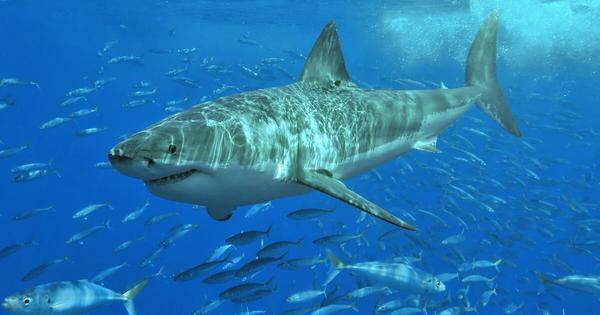The tropical water at the equator is renowned for having the richest diversity of marine life on Earth, with vibrant coral reefs and large aggregations of tunas, sea turtles, manta rays and whale sharks. The number of marine species naturally tapers off as you head towards the poles.
Ecologists have assumed this global pattern has remained stable over recent centuries – until now. Our recent study found the ocean around the equator has already become too hot for many species to survive, and that global warming is responsible.
In other words, the global pattern is rapidly changing. And as species flee to cooler water towards the poles, it is likely to have profound implications for marine ecosystems and human livelihoods. When the same thing happened 252 million years ago, 90% of all marine species died.
Bell curve
This global pattern – where the number of species starts lower at the poles and peaks at the equator – results in a bell-shaped gradient of species richness….
